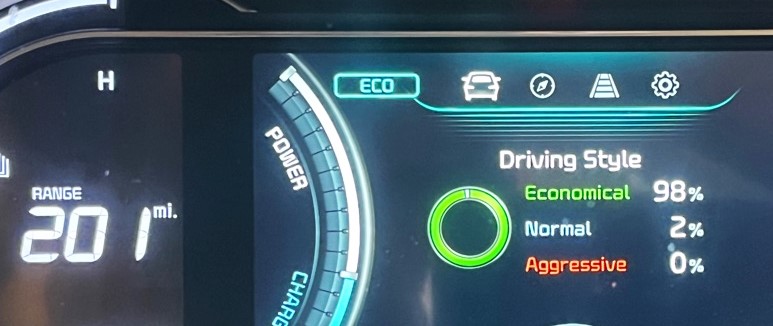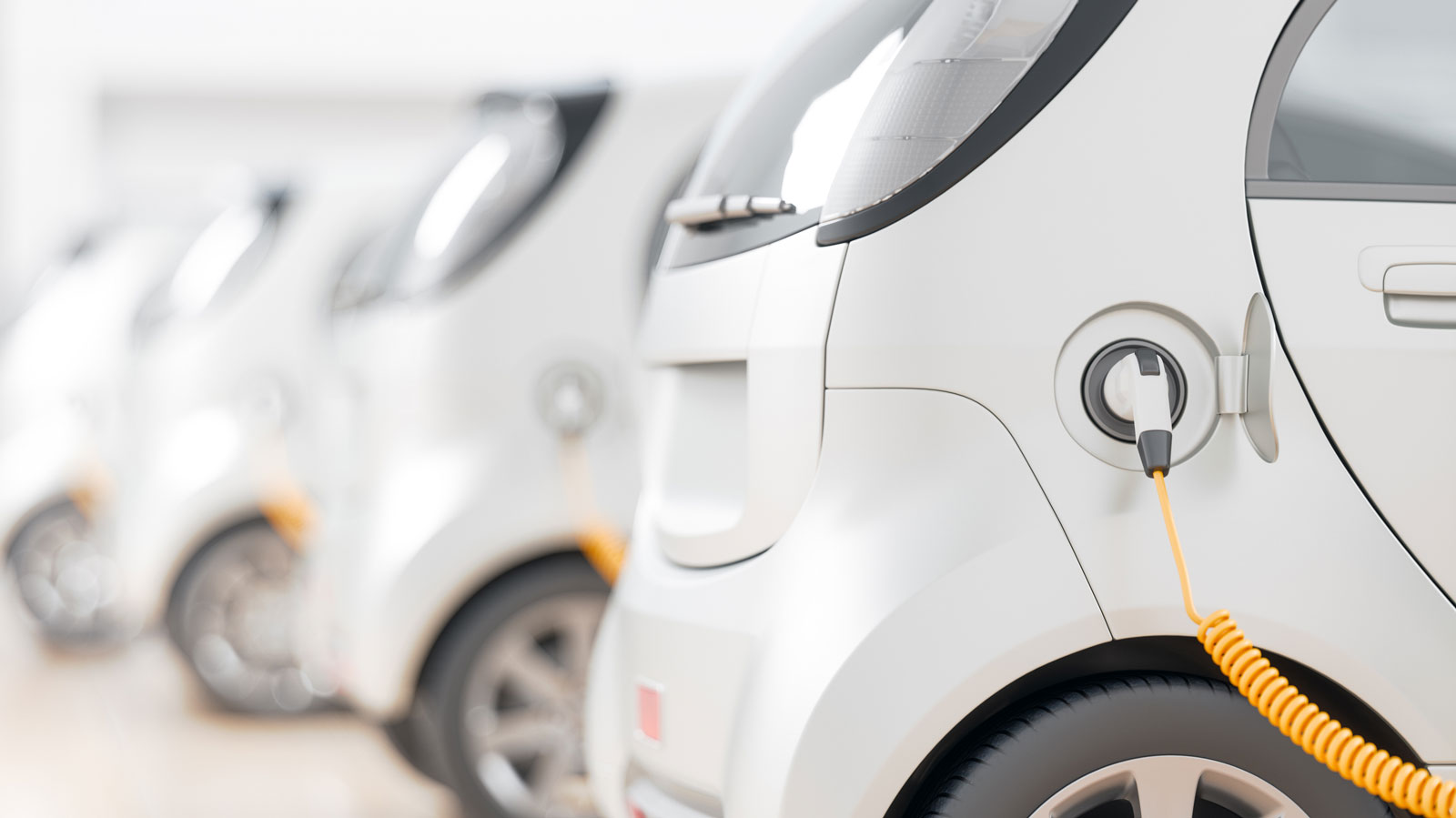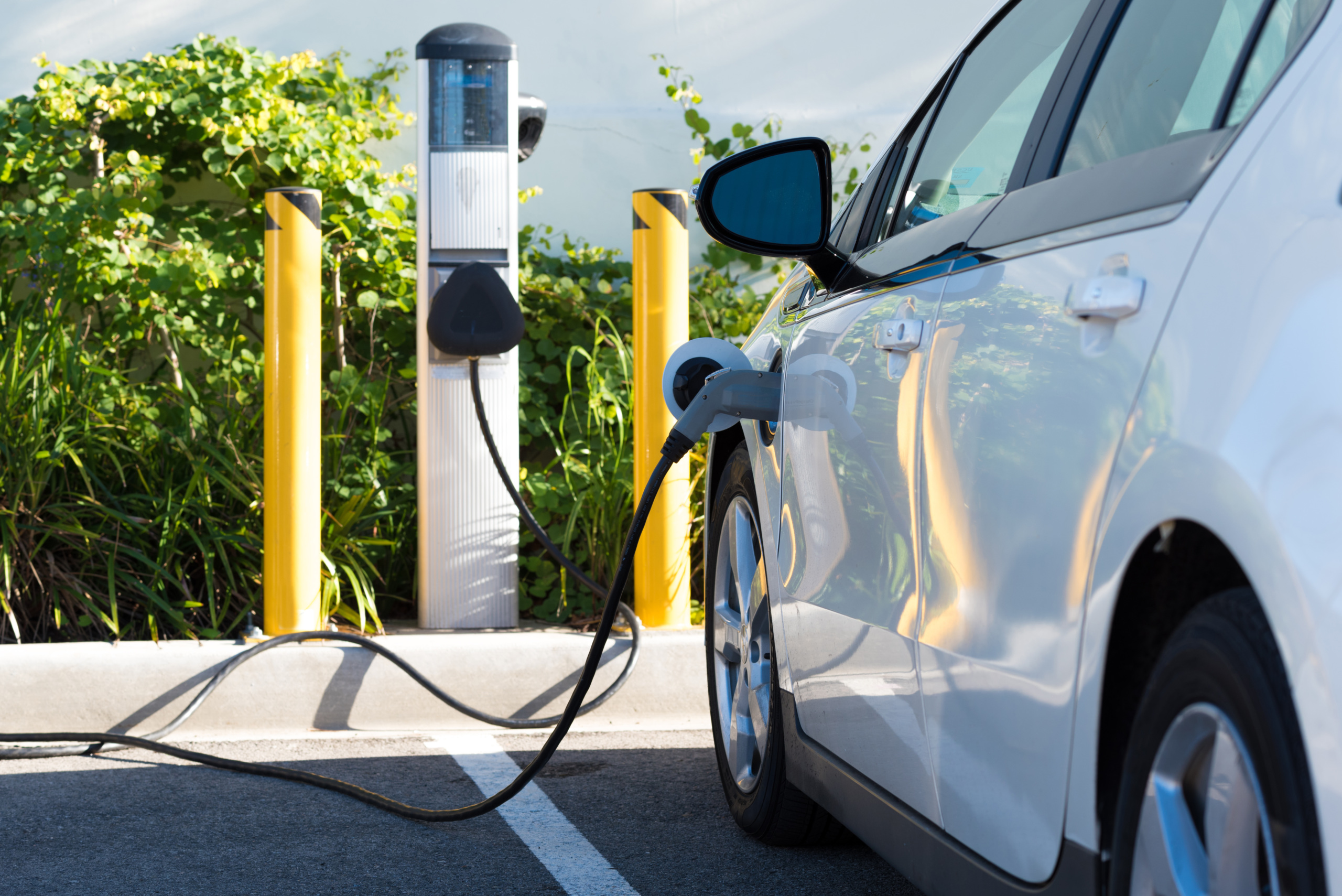
Testimony: Electric School Buses
We support House Bill 1451 requires that beginning in October 2023, any buses purchased by County School Boards be zero-emission school buses and by October 2026, and buses purchased by contractors for use by County School be zero-emission school buses.
We support House Bill 1451 requires that beginning in October 2023, any buses purchased by County School Boards be zero-emission school buses and by October 2026, and buses purchased by contractors for use by County School be zero-emission school buses.
School buses play a key role in Maryland’s transportation system. In Maryland, nearly 625,000 public school students are transported on school buses every day. They either ride on one of the 3,700 buses owned by county boards of education or one of the 3,400 buses owned and operated by school bus contractors. Parents across the state rely on these buses to get their kids to and from school safely.
Yet, the vast majority of these buses remain dirty – burning fossil fuels like diesel that put the health of our children and communities at risk and contribute to global warming. Numerous studies have shown that inhaling diesel exhaust can cause respiratory diseases and worsen existing conditions like asthma. Diesel exhaust is internationally recognized as a cancer-causing agent and classified as a likely carcinogen by the U.S. Environmental Protection Agency. In a study of 61 million people in 2015, researchers found that exposure to diesel soot and ground-level ozone created by diesel exhaust was linked to higher rates of mortality.
Diesel pollution is especially dangerous for children — for children there is no established safe level of exposure to diesel exhaust pollutants. But in Maryland PIRG’s report, Electric School Buses: Clean Transportation for Healthier Neighborhoods and Cleaner Air, we found that dirty school buses expose children to high levels of diesel exhaust pollutants, whether they are on the bus, near an idling bus at school, or even just in neighborhoods where dirty school buses travel.
The good news is that Maryland can clean up its school buses by making them electric. All-electric buses are here, and they’re cleaner, healthier and often cheaper for school districts and bus contractors to run in the long-term. With no tailpipe emissions, electric school buses can drastically reduce the pollution Maryland’s children are exposed to.
Dramatic declines in battery costs and improvements in performance, including expanded driving range, have made electric buses a viable alternative to diesel-powered and other fossil fuel buses. So while electric school buses are essential to protect the health of our children, they are also smart investments for school districts and school bus contractors. Still, the upfront purchase price is more expensive than that of a diesel bus, so the grant program set up by the bill will be critical to allowing school boards to make the switch.
Kids in Maryland deserve a safe ride to school. Thanks to pollution, they’re not getting safe rides on diesel buses. It’s time to switch to all-electric buses.
We respectfully request a favorable report on HB1451.
Topics
Authors
Emily Scarr
State Director, Maryland PIRG; Director, Stop Toxic PFAS Campaign, PIRG
Emily directs strategy, organizational development, research, communications and legislative advocacy for Maryland PIRG. Emily has helped win small donor public financing in Baltimore City, Baltimore County, Howard County, Montgomery County, and Prince George's County. She has played a key role in establishing new state laws to to protect public health by restricting the use of antibiotics on Maryland farms, require testing for lead in school drinking water and restrict the use of toxic flame retardant and PFAS chemicals. Emily also serves on the Executive Committees of the Maryland Fair Elections Coalition and the Maryland Campaign to Keep Antibiotics Working. Emily lives in Baltimore City with her husband, kids, and dog.
Find Out More

Electric vehicles are good. We can make them better.

Electric Vehicles Save Money for Government Fleets

Green schools guide

